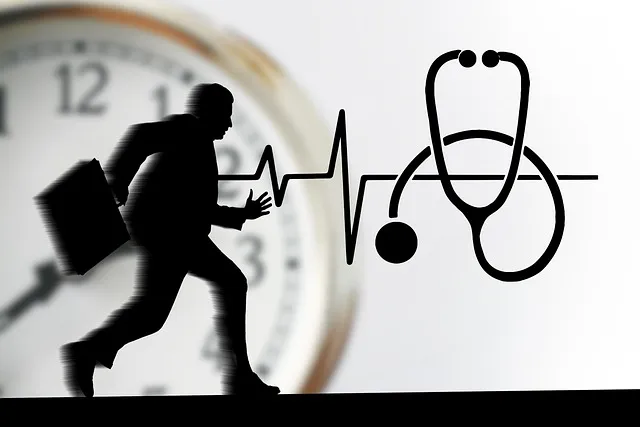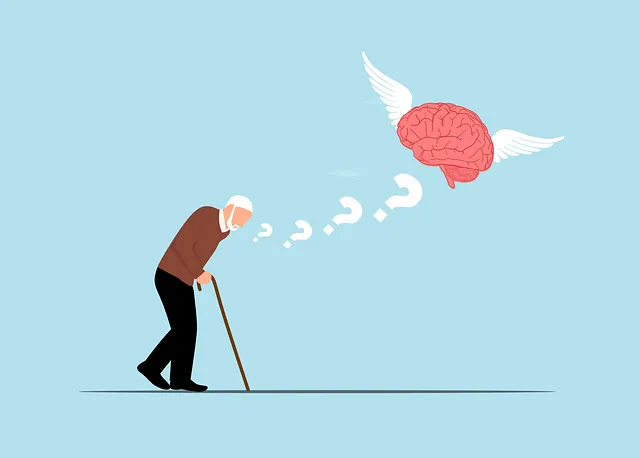Coping skills and mindfulness meditation are vital for managing stress, anxiety, and difficult emotions. Boulder residents can access expert psychiatric care through the Kaiser Permanente phone number, offering convenient services like teaching mindfulness and emotional regulation techniques. These practices enhance self-awareness, reduce impact of stressors, foster resilience, prevent burnout, and promote overall well-being.
“Discover effective coping skills development with insights from top experts at Boulder Kaiser Permanente psychiatry. Enhance your well-being by understanding the fundamentals of stress management. Learn to identify personal stressors and triggers, build resilience, and practice mindfulness techniques. These strategies, backed by mental health professionals, empower you to overcome challenges and maintain a healthy balance in life. For more guidance, contact our psychiatric team at Kaiser Permanente Boulder via phone for personalized support.”
- Understanding Coping Skills: A Foundation for Well-being
- Identifying Personal Stressors and Triggers
- Building Resilience: Strategies for Overcoming Challenges
- Practicing Mindfulness and Emotional Regulation Techniques
Understanding Coping Skills: A Foundation for Well-being

Coping skills are essential for navigating life’s challenges and maintaining mental well-being. They serve as a foundation upon which individuals can build resilience, enabling them to manage stress, anxiety, and difficult emotions effectively. Understanding coping mechanisms is crucial, especially when seeking support from healthcare professionals like those available at Boulder Kaiser Permanente psychiatry phone number.
Developing these skills involves cultivating self-awareness exercises, such as mindfulness meditation, that help individuals recognize their feelings and triggers. By practicing mindfulness, one can gain better control over their reactions, thereby reducing the impact of stressors and promoting anxiety relief. This proactive approach to mental health is a game-changer in fostering overall well-being.
Identifying Personal Stressors and Triggers

Building Resilience: Strategies for Overcoming Challenges

Building resilience is a key component of coping skills development. It involves learning to adapt and bounce back from challenges, much like a rock in a river adapts to the current yet remains unmoved. Strategies for fostering resilience include practicing mindfulness meditation, which helps in staying present and managing stress. Engaging in regular self-care practices such as exercise, adequate sleep, and maintaining a balanced diet also plays a significant role in enhancing one’s mental fortitude.
For additional support, individuals can reach out to professional help from esteemed organizations like Boulder Kaiser Permanente Psychiatry, where specialized services are available to guide and empower individuals through tough times. Boosting confidence through cognitive behavioral therapy (CBT) techniques can further strengthen an individual’s ability to navigate challenges with resilience. By combining these strategies, one can develop a robust coping mechanism that prepares them for future obstacles, ensuring a more balanced and fulfilling life.
Practicing Mindfulness and Emotional Regulation Techniques

Practicing mindfulness and emotional regulation techniques are essential components of coping skills development. These practices, often taught by professionals like those available at Boulder Kaiser Permanente psychiatry phone number, help individuals become more aware of their thoughts and emotions without judgment. Mindfulness encourages staying present in the moment, focusing on breath and bodily sensations to calm the mind and reduce stress. This, in turn, enhances emotional regulation by allowing people to recognize and manage intense feelings effectively.
Integrating these techniques into daily routines, such as through Mental Health Education Programs Design or Self-Care Routine Development for Better Mental Health, can significantly mitigate burnout. By fostering resilience and promoting a non-reactive mindset, individuals are better equipped to navigate challenges without succumbing to stress or anxiety. Moreover, these practices have been shown to enhance overall well-being, making them valuable tools in the ongoing pursuit of optimal mental health.
Coping skills development is a journey towards enhanced mental well-being. By understanding your unique stressors, building resilience, and adopting mindfulness practices, you can navigate life’s challenges effectively. If you’re in Boulder and seeking professional guidance, the Kaiser Permanente psychiatry team is available via their dedicated phone line to offer tailored support and resources. Remember, prioritizing your mental health is a proactive step towards a happier, more resilient you.






